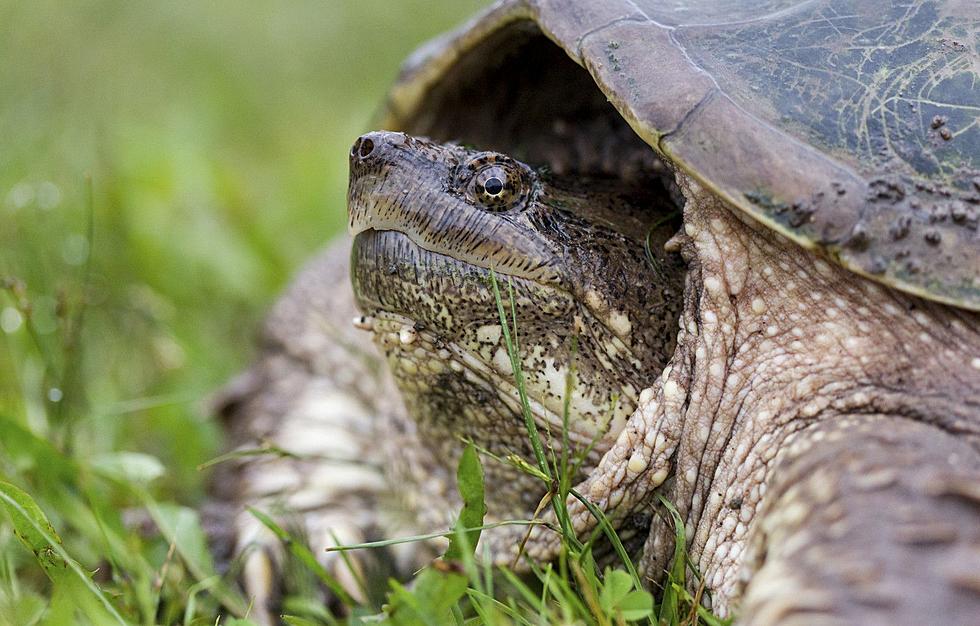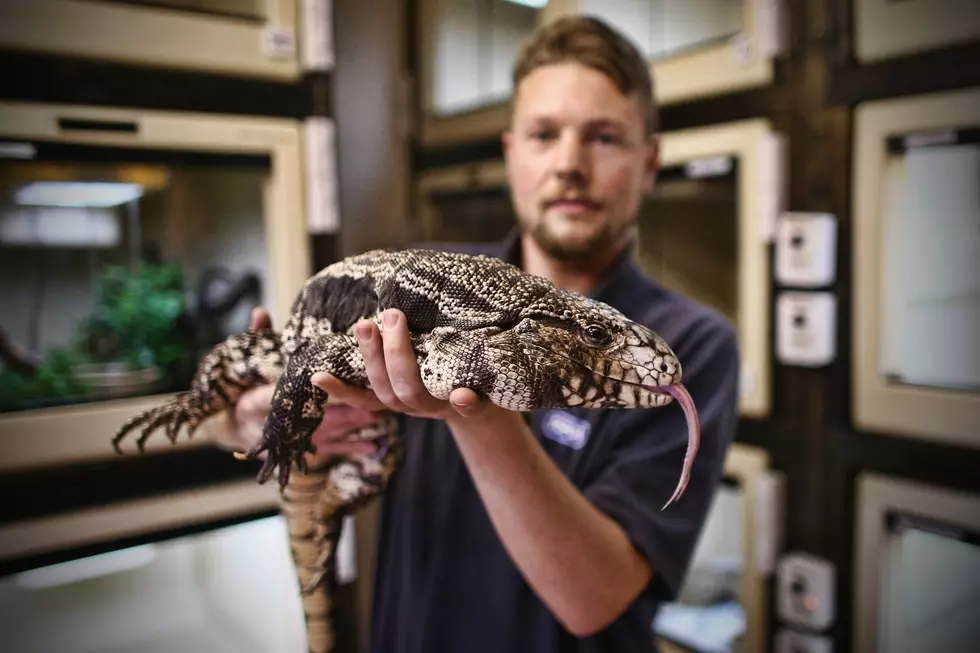
Why Can’t You Tickle Yourself?
To have another person tickle you seems so innocent and fun. When humans are tickled we laugh and squirm, but it has nothing to do with fun. And why can't we tickle ourselves?
Scientists continue to be awed by the act of being tickled and the response we have to it. We are most ticklish on the parts of the body that have the most nerve endings, feet, ribcage, armpits, etc. Scientists believe the squirming we do is part of the flight or fight mechanism. The areas that are most ticklish on the human body are also the most vulnerable during an attack. So the squirming we do maybe a reaction to genetics handed down to us since the beginning of mankind. The laughing we do maybe a social reaction first taught to us at birth as tickling is one of the first interactions between a mother and her newborn.
The reason we can't tickle ourselves is, in short, our own brain knows what's coming. It's not a surprise. When we touch ourselves, we are not engaging the flight or fight mechanism built into all of us.
According to Scienceabe.com there are two different typed of tickling reflex, gargalesis and knismesis. Gargalesis is harder, laughter-induced tickling while knismesis refers to a lighter type of tickling.
Tickling can be playful to some and to others, not. Remember, the reaction to being tickled is part of the human race's flight or fight response. It may not be a good idea to tickle someone by surprise.
10 Foods That Can Help Boost Your Immune System
More From Highway 98.9









